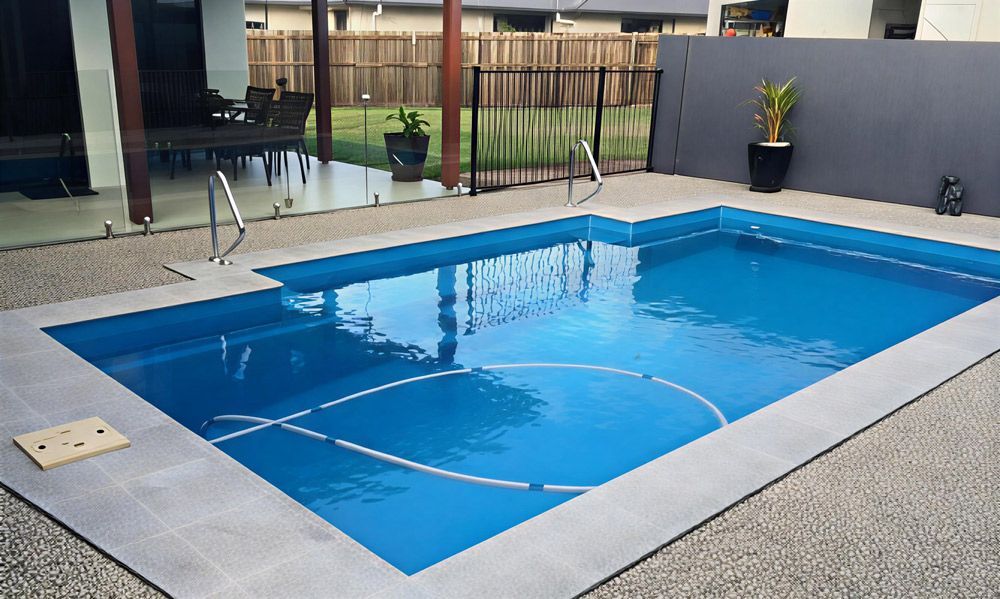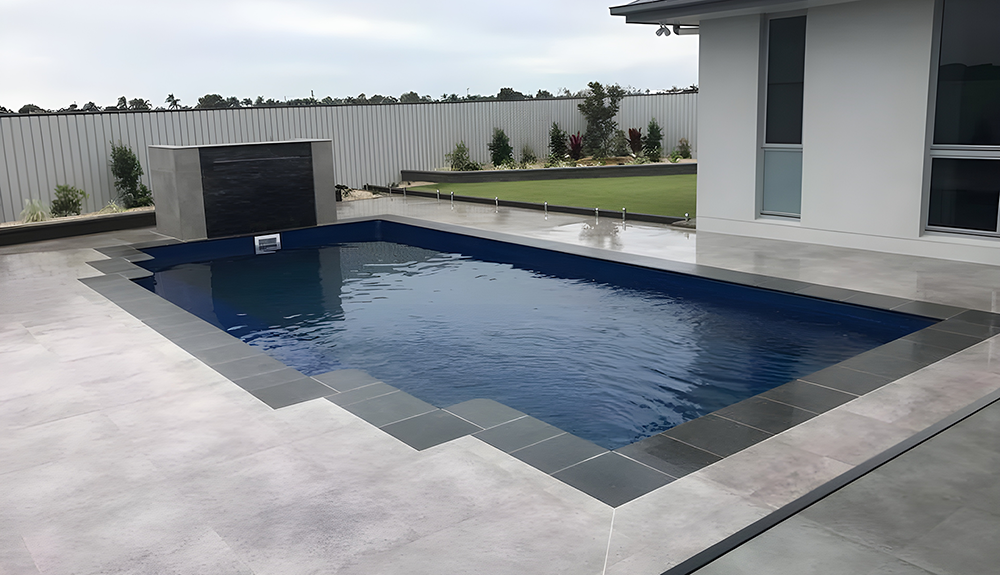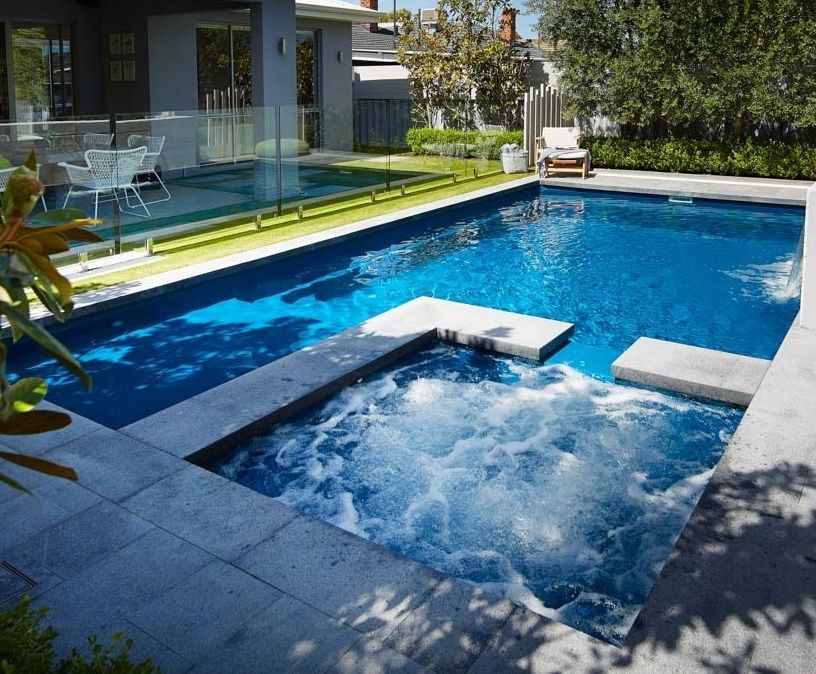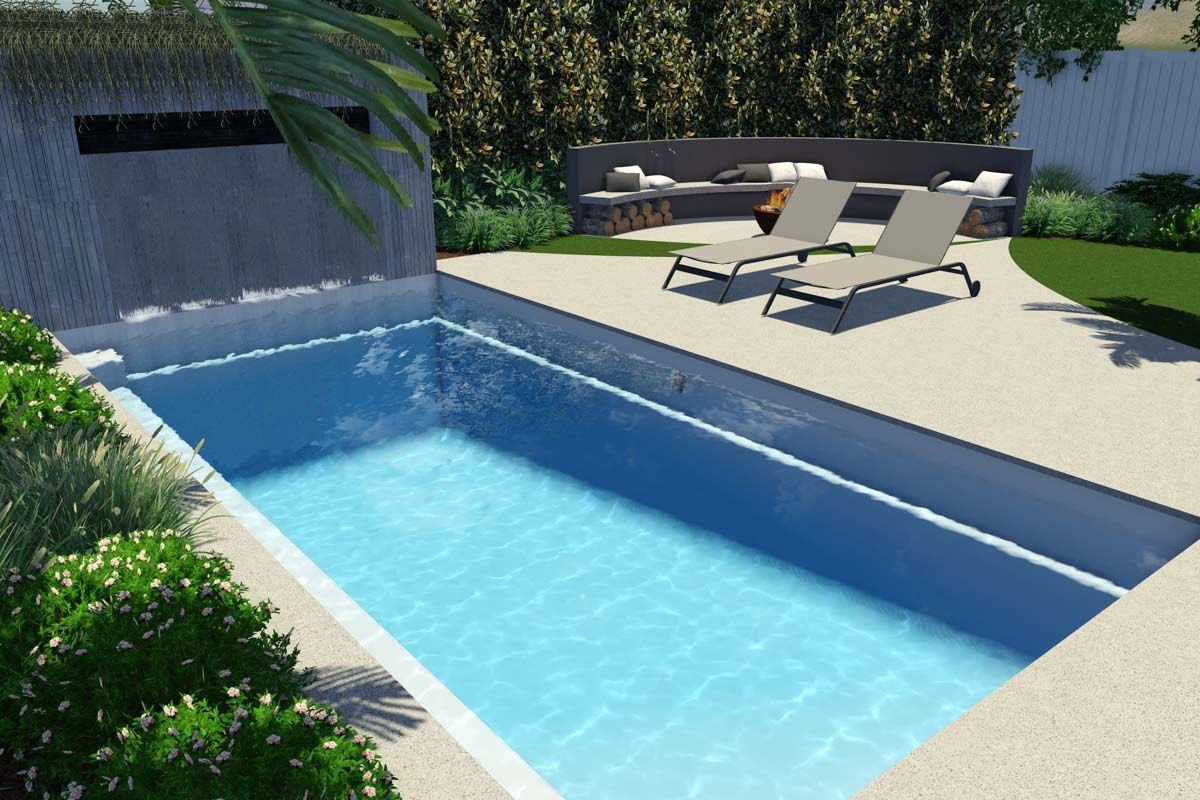8 Essential Pool Maintenance Tips
Owning a pool brings plenty of enjoyment, but it also comes with responsibilities. Without proper care, even the most stunning pool can quickly become a source of frustration, health hazards, and costly repairs. Whether you’re a seasoned pool owner or managing a pool for the first time, following a clear maintenance routine helps preserve water quality, equipment functionality, and overall pool safety. In this blog post, we’ll explore several essential pool maintenance tips to keep your pool looking pristine year-round.
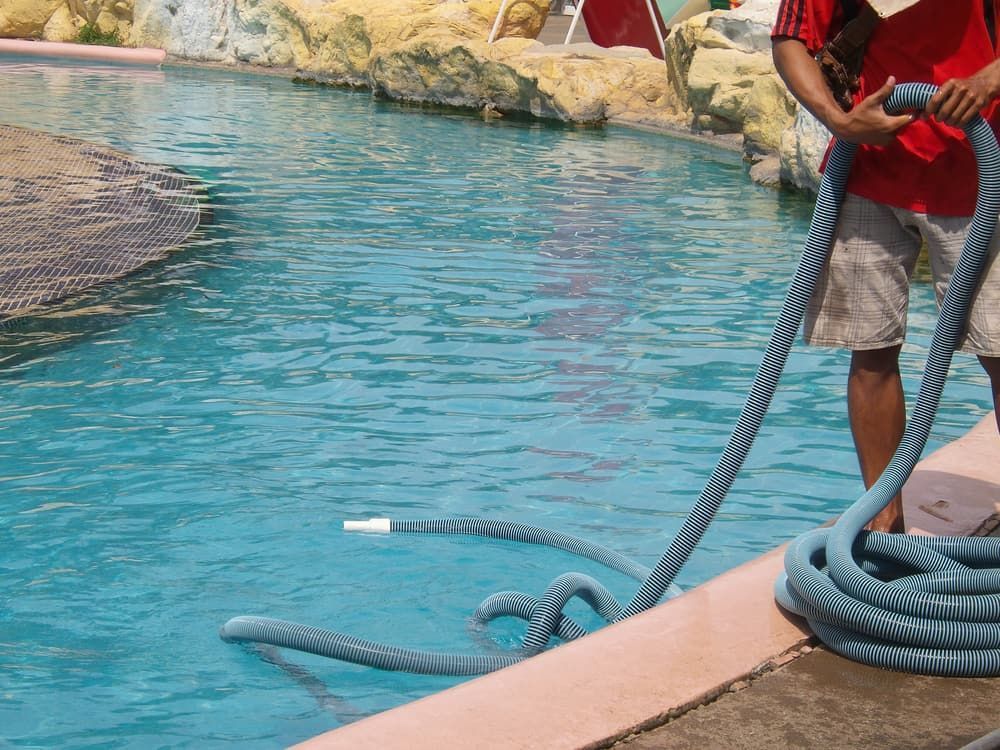
1. Start with Regular Skimming & Surface Cleaning
Skimming is one of the simplest yet most effective ways to maintain your pool’s appearance and water quality. Surface debris not only looks unsightly but can also affect chemical balance and clog filters if left unchecked.
Daily or weekly skimming removes floating contaminants before they sink and decompose. This minimises organic waste build-up that places extra strain on your pool’s filtration system.
- Use a handheld skimmer to collect leaves, insects, and floating debris.
- Consider installing a leaf catcher to help capture larger debris before it enters your filtration system.
- Pay special attention to areas around trees, plants, or overhanging structures where organic debris collects quickly.
Prompt removal of debris maintains the pool’s visual appeal and contributes to a healthier swimming environment.
2. Maintain Proper Chemical Balance
Chemical balance is the foundation of safe and enjoyable pool water. Without consistent monitoring and adjustments, imbalances can cause cloudy water, skin and eye irritation, algae growth, and even corrosion or scaling of your pool surfaces and equipment.
Key chemical levels require regular testing and maintenance to keep the pool environment stable:
- pH level: The Ideal range is 7.2 to 7.6 to maintain water comfort and prevent equipment corrosion.
- Chlorine: Maintain between 1-3 ppm to sanitise water and prevent harmful bacteria growth.
- Total alkalinity: Aim for 80-120 ppm to buffer pH fluctuations.
- Calcium hardness: Target between 200-400 ppm to protect surfaces from scaling or etching.
- Cyanuric acid: Maintain stabiliser levels between 30-50 ppm to protect chlorine from sunlight degradation.
Weekly testing with a high-quality test kit or digital tester helps catch issues early. In cases of severe imbalance, a professional pool technician can rebalance the water quickly and safely.
3. Inspect & Clean the Filtration System
The filtration system continuously removes contaminants, ensuring clean and clear water. Regular inspection and cleaning of filters help maintain optimal circulation and water clarity.
Depending on your filtration type—sand, cartridge, or diatomaceous earth (DE)—the cleaning schedule may vary, but all require routine care:
- Backwash sand filters when the pressure gauge readings rise 8-10 psi above normal.
- Clean cartridge filters every 4-6 weeks, or as recommended by the manufacturer.
- Schedule DE filter maintenance at least twice per season.
Monitor pressure gauges regularly and replace worn filter elements promptly to avoid strain on pumps and diminished water clarity.
4. Brush Pool Walls & Vacuum Weekly
Even when the water appears clear, algae, dirt, and scale can collect on pool walls, steps, and the floor. Regular brushing combined with vacuuming prevents stains, algae growth, and slippery surfaces.
Effective brushing and vacuuming strategies include:
- Use a stiff-bristled brush for concrete or plaster surfaces and a soft brush for fibreglass or vinyl liners.
- Brush walls, ladders, steps, and behind fittings where debris and algae often collect.
- Vacuum the entire pool weekly using either manual or automatic pool vacuums.
- Run automatic cleaners during peak swimming seasons to support weekly vacuuming routines.
Regular brushing also ensures that chemicals circulate more evenly, enhancing water sanitation.
5. Monitor Water Levels Carefully
Maintaining appropriate water levels ensures optimal skimmer operation and prevents pump damage caused by air intake.
During hot weather or periods of heavy rainfall, water levels can change quickly:
- Keep water levels consistently around halfway up the skimmer opening for optimal skimming action.
- Top up water levels during hot, dry weather to prevent air from being drawn into the system.
- Remove excess water after heavy rain to avoid overflowing and dilution of sanitiser levels.
- If you notice consistent or sudden water loss, it may indicate leaks within the pool structure or plumbing, which should be assessed by a pool maintenance professional.
Staying on top of water levels helps ensure smooth operation of your filtration system and maintains balanced water chemistry throughout the season.
6. Schedule Seasonal Deep Cleans
Even with weekly care, periodic deep cleaning ensures long-term pool health. Seasonal servicing addresses areas often overlooked during regular maintenance.
Deep cleaning tasks typically include:
- Thoroughly cleaning tile lines and water features to remove mineral build-up.
- Emptying and scrubbing skimmer and pump baskets.
- Inspecting surfaces for cracks, stains, or signs of wear.
- Checking pool lighting, handrails, and ladders for safety and functionality.
- Inspecting covers, liners, and seals for deterioration.
Many homeowners arrange seasonal deep cleans with professional pool maintenance near you to ensure thorough and efficient service.
7. Keep an Eye on Pool Equipment Performance
Beyond routine surface care, monitoring your pool’s mechanical systems helps prevent equipment failures that could interrupt your swimming season or lead to costly repairs.
Watch for early signs of wear:
- Unusual noises, vibrations, or leaks from pumps or motors.
- Reduced water flow or pressure issues.
- Salt cell build-up or malfunction in salt chlorination systems.
- Faulty timers, automation systems, or safety features.
Prompt repairs extend the lifespan of your equipment and help maintain energy efficiency.
8. Call in the Professionals When Needed
Even with diligent care, some situations require expert intervention to prevent minor problems from becoming major ones.
Professional pool maintenance services can assist with:
- Stubborn algae infestations require specialised treatment.
- Full water balancing following storms, heavy usage, or equipment malfunctions.
- Complex equipment repairs, upgrades, or replacements.
- Leak detection and structural assessments.
Qualified technicians have the expertise, tools, and products to quickly restore balance and efficiency, protecting your investment and saving you time.
Need Trusted Pool Maintenance Near You? We’re Ready to Help
At Aqualine Pools, we understand that pool care isn’t just about aesthetics—it’s about maintaining a safe, healthy, and enjoyable environment for you and your family. Our team offers tailored pool maintenance in Bundaberg, from routine servicing to comprehensive seasonal cleans and equipment repairs. When pool care becomes overwhelming, we’re here to help.

